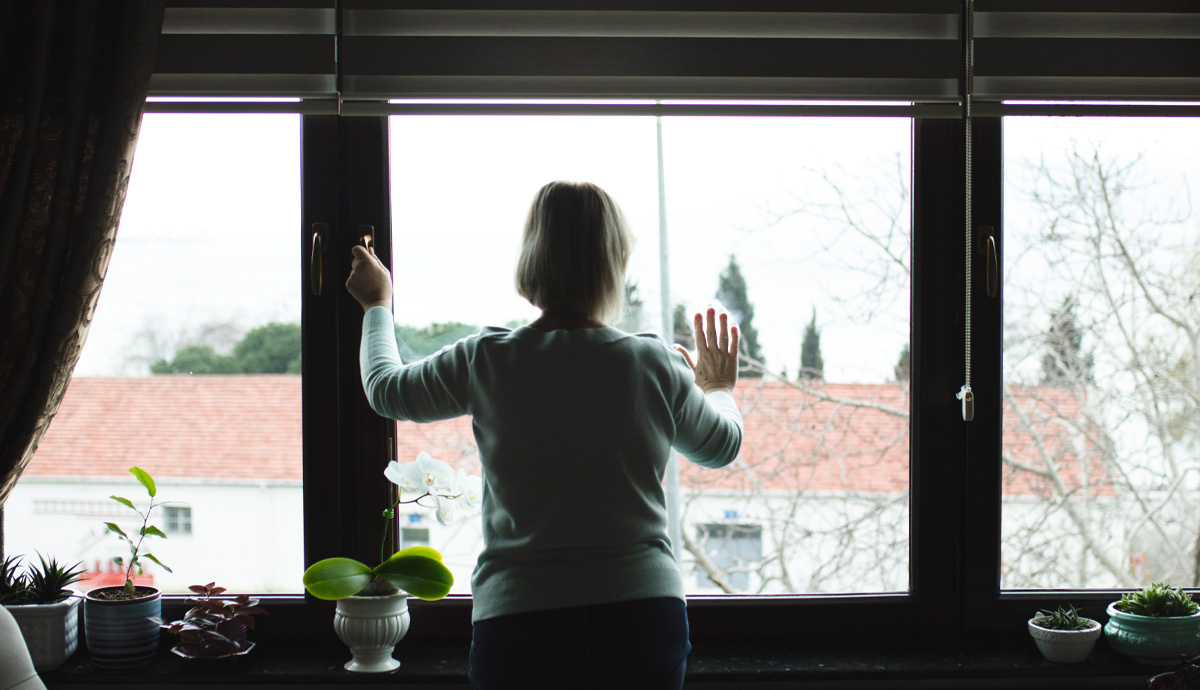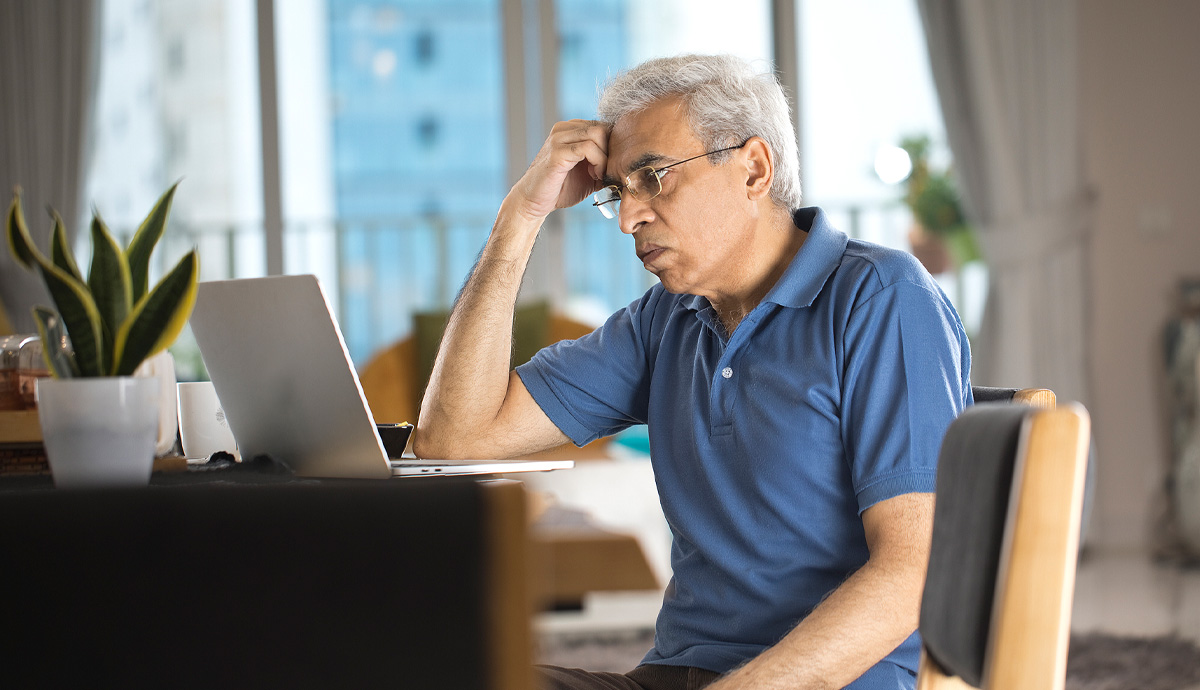Are You Experiencing Social Isolation?
Learn what it feels like and how you can feel better.

“I don’t feel like I have the energy for anything, even to spend time with my close friends.”
“I feel so cut off from the world. I wonder if people even notice me when I’m out.”
Do you recognize yourself in any of these statements? If so, you may be feeling the effects of social isolation. (Social isolation may also contribute to depression. To learn more and find support for your mental well-being, visit the AARP Mental Health Resource Center.)
The good news? There are simple things you can do to feel better.
Social isolation is more than being alone; it’s feeling detached physically or psychologically or being disconnected from friends and family.
You may be experiencing social isolation for a variety of reasons. Grown children and grandchildren could live far away. A job change may mean no longer having daily contact with co-workers. Injury or poor health may keep you away from the activities you enjoy.
In short, being cut off from other people can make you ache emotionally — which, in turn, affects your physical well-being. Studies show that social isolation and loneliness are as bad for health as obesity and smoking.
How To Increase Your Social Interactions
How can you overcome loneliness and isolation? According to experts, trying something new to increase your social interactions — or returning to a favorite hobby or other activity — may help.
Here are some activities to consider:
- Enroll in an art, exercise, or cooking class.
- Join a social club like Men’s Shed or Red Hat Society.
- Participate in a program that connects older adults with schools and young people.
- Seek out kindred spirits in one of AARP’s active online communities.
Isolation can feel physically and emotionally painful, but even taking a small step — like researching an online activity or having coffee with a friend — can put you on a path to a more connected, more enriching life.

Are You Affected By Social Isolation?
Take our three-minute assessment to help you understand your risk level and receive helpful information based on your results.
Take Assessment